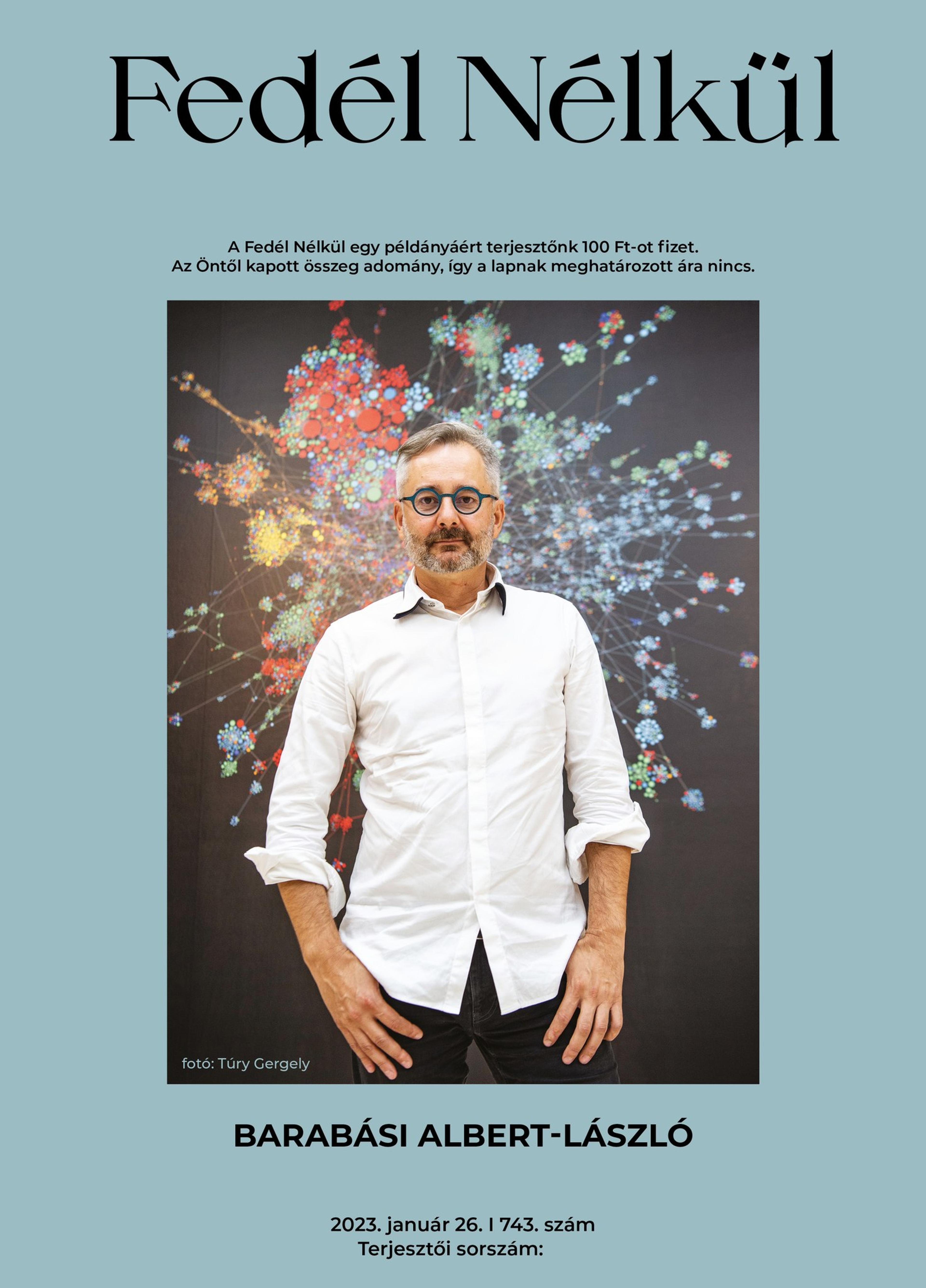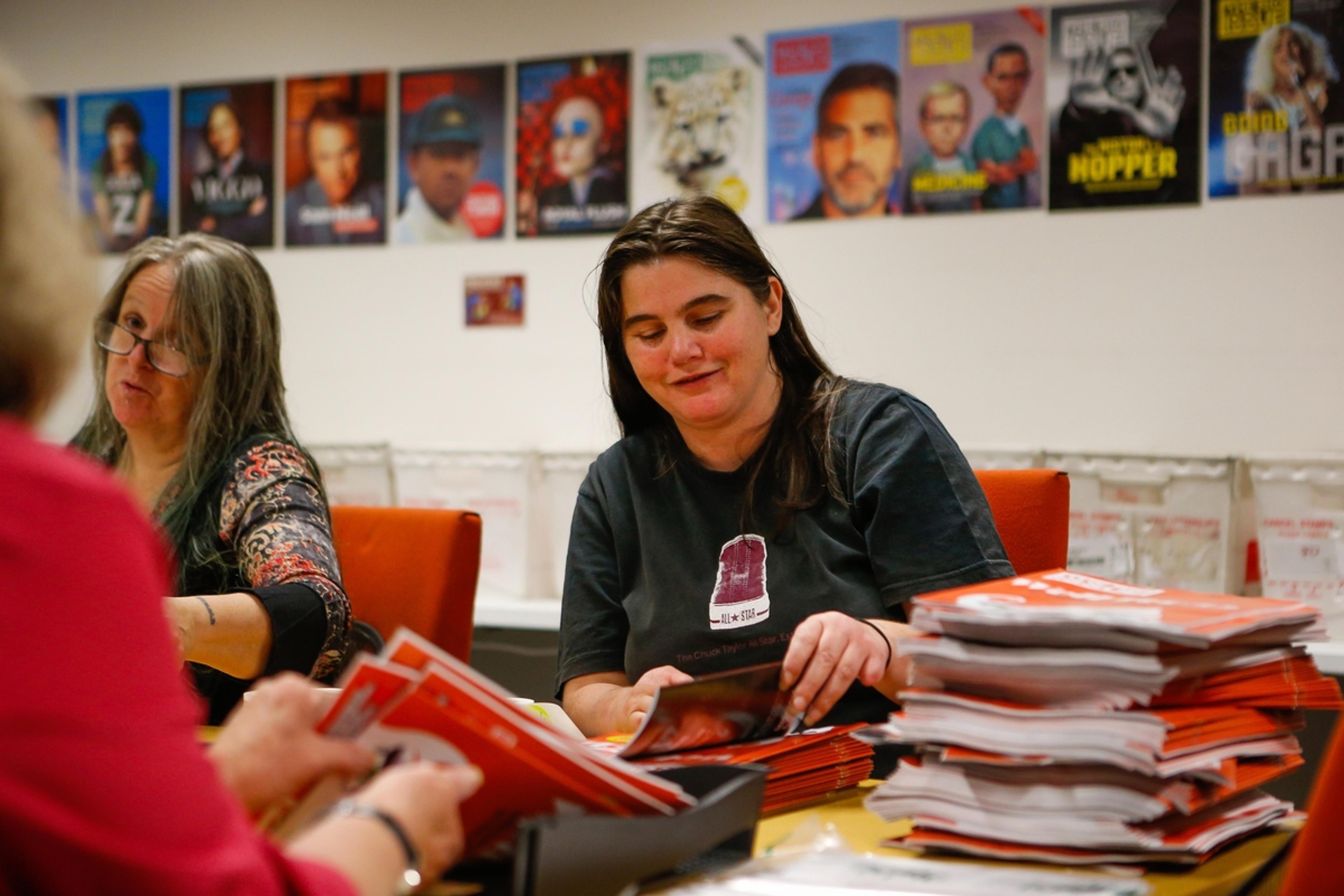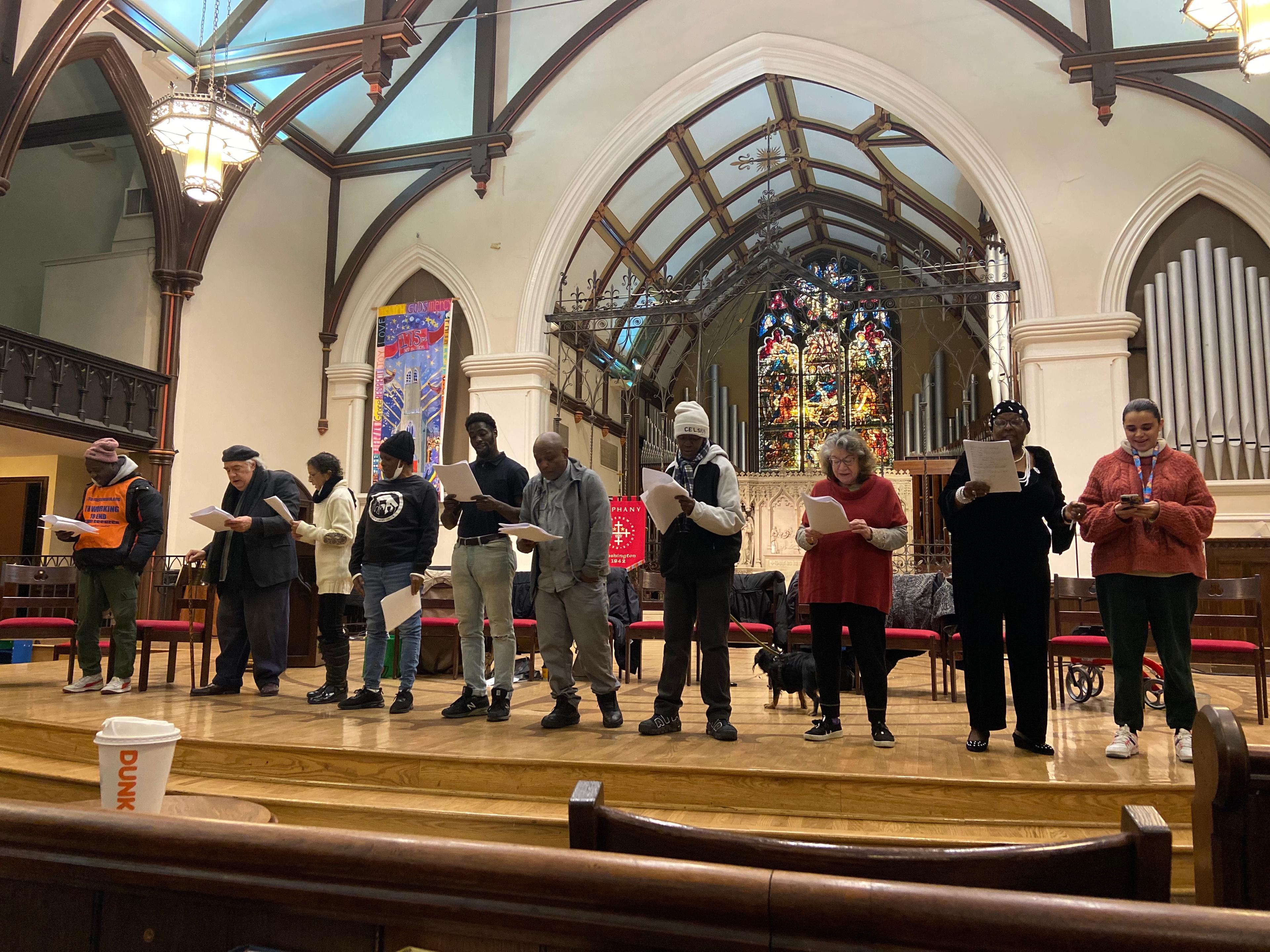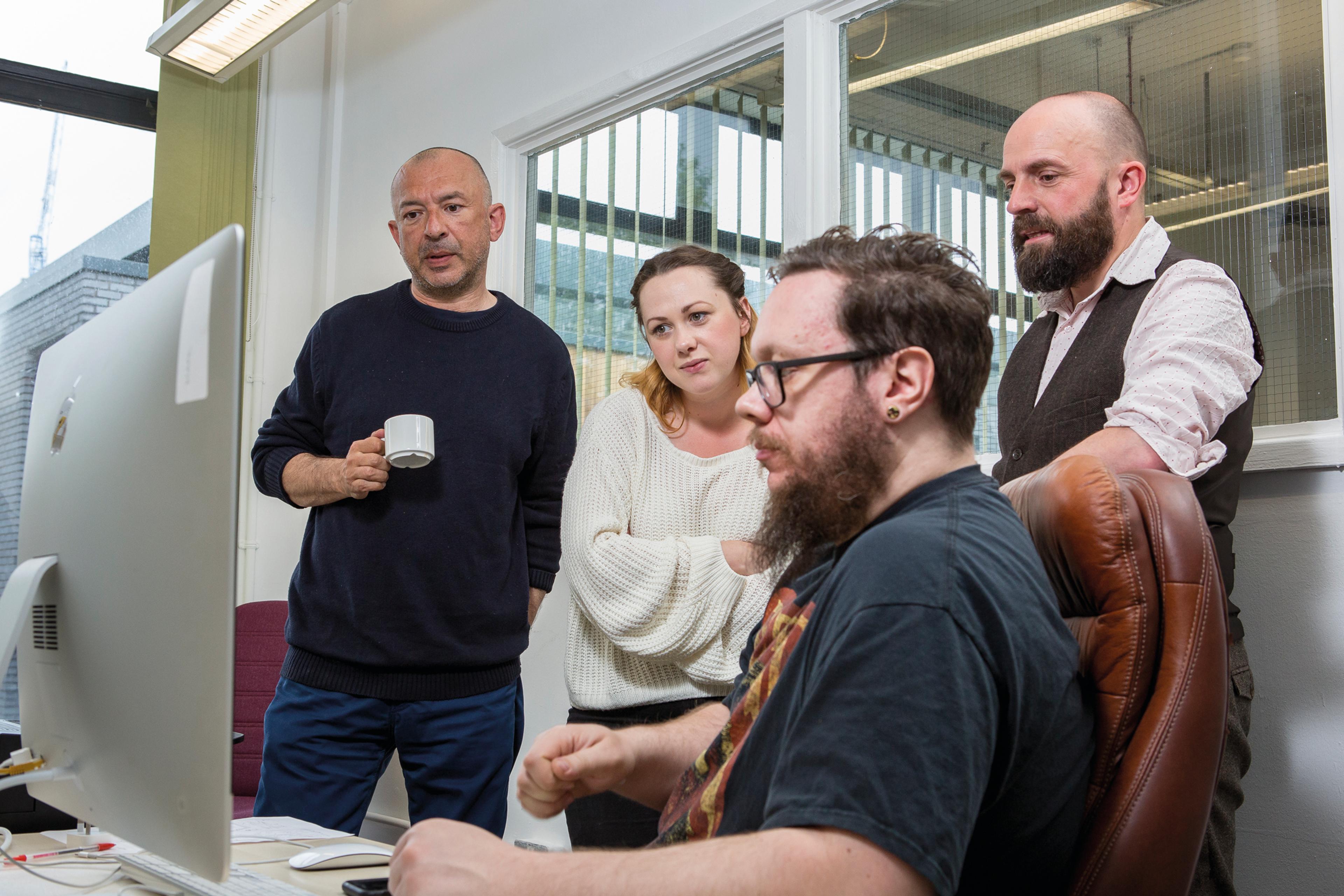Distributor István Szuna, 57, talks of his experience. He works in the 13th district of Budapest, close to Margaret Bridge and Jászai Mari Square. He has sold 2,246 papers and been to the Fedél Nélkül office a total of 124 times (to August 2022).
"Of course, an occasional price increase of 10 Forints isn't a lot, but it adds up. I told many customers, that it's getting more expensive, and it's a pretty well-known fact by now. They usually try to compensate for it. Most of them are understanding, but not all of them, unfortunately. It's very common that someone just donates between a 100 and 200 forints, but then there are others who really appreciate the paper and give a minimum of 500 or 1,000 forints. So, there are some people who are very understanding of our work," he said.
"I'm mostly impacted when I'm buying food - it's terrible. The financial aid I'm getting, because I'm disabled, hasn't changed at all. Inflation is rising, but not the aid I'm getting. So if this paper didn't exist, I don't know what would happen to me," he continued.
Social worker and Fedél Nélkül team member Molnár Vilmos emphases that those living without heating in Budapest's harsh winter temperatures are in danger over the winter months. "People may think that putting four or five blankets on them will be enough, and unfortunately it's not."















